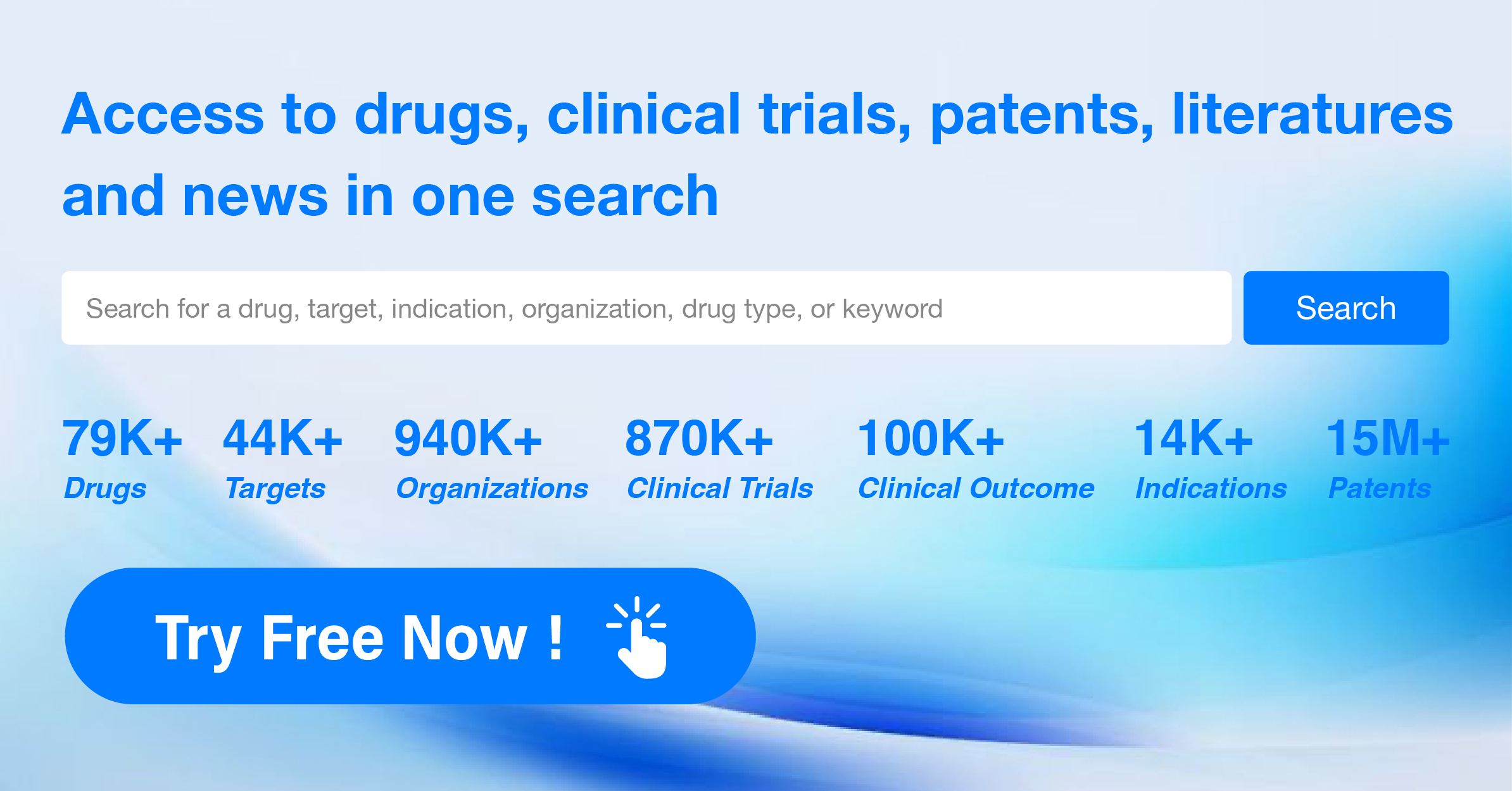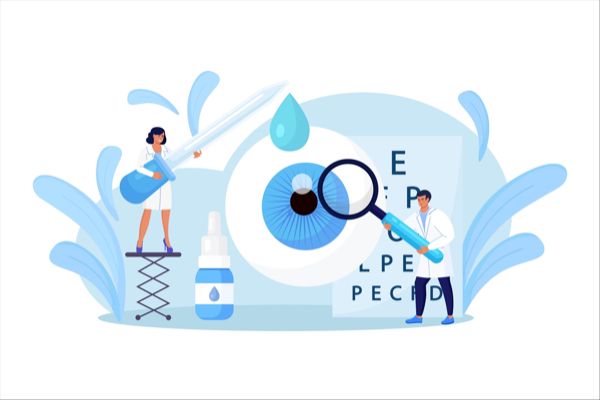What are the Types of Drug Applications in the FDA?
There are various types of drug applications submitted to the FDA, including Investigational New Drug (IND), New Drug Application (NDA), Abbreviated New Drug Application (ANDA), Over-the-Counter Drugs (OTC), and Biologic License Application (BLA).
Investigational New Drug (IND)
Current Federal law requires that a drug be the subject of an approved marketing application before it is transported or distributed across state lines. Because a sponsor will probably want to ship the investigational drug to clinical investigators in many states, it must seek an exemption from that legal requirement. The IND is the means through which the sponsor technically obtains this exemption from the FDA.
New Drug Application (NDA)
When the sponsor of a new drug believes that enough evidence on the drug's safety and effectiveness has been obtained to meet FDA's requirements for marketing approval, the sponsor submits to FDA a new drug application (NDA). The application must contain data from specific technical viewpoints for review, including chemistry, pharmacology, medical, biopharmaceutics, and statistics. If the NDA is approved, the product may be marketed in the United States. For internal tracking purposes, all NDA's are assigned an NDA number.
Abbreviated New Drug Application (ANDA)
An Abbreviated New Drug Application (ANDA) contains data that, when submitted to FDA's Center for Drug Evaluation and Research, Office of Generic Drugs, provides for the review and ultimate approval of a generic drug product. Generic drug applications are called "abbreviated" because they are generally not required to include preclinical (animal) and clinical (human) data to establish safety and effectiveness. Instead, a generic applicant must scientifically demonstrate that its product is bioequivalent (i.e., performs in the same manner as the innovator drug). Once approved, an applicant may manufacture and market the generic drug product to provide a safe, effective, low cost alternative to the American public.
Over-the-Counter Drugs (OTC)
OTC drug products are those drugs that are available to consumers without a prescription. As with prescription drugs, CDER oversees OTC drugs to ensure that they are properly labeled and that their benefits outweigh their risks.
Biologic License Application (BLA)
Biological products are approved for marketing under the provisions of the Public Health Service (PHS) Act. The Act requires a firm who manufactures a biologic for sale in interstate commerce to hold a license for the product.




